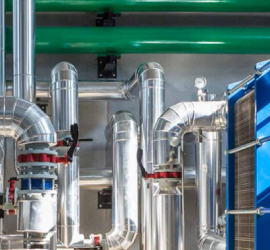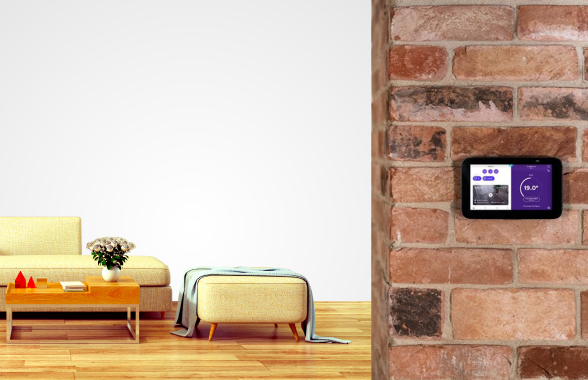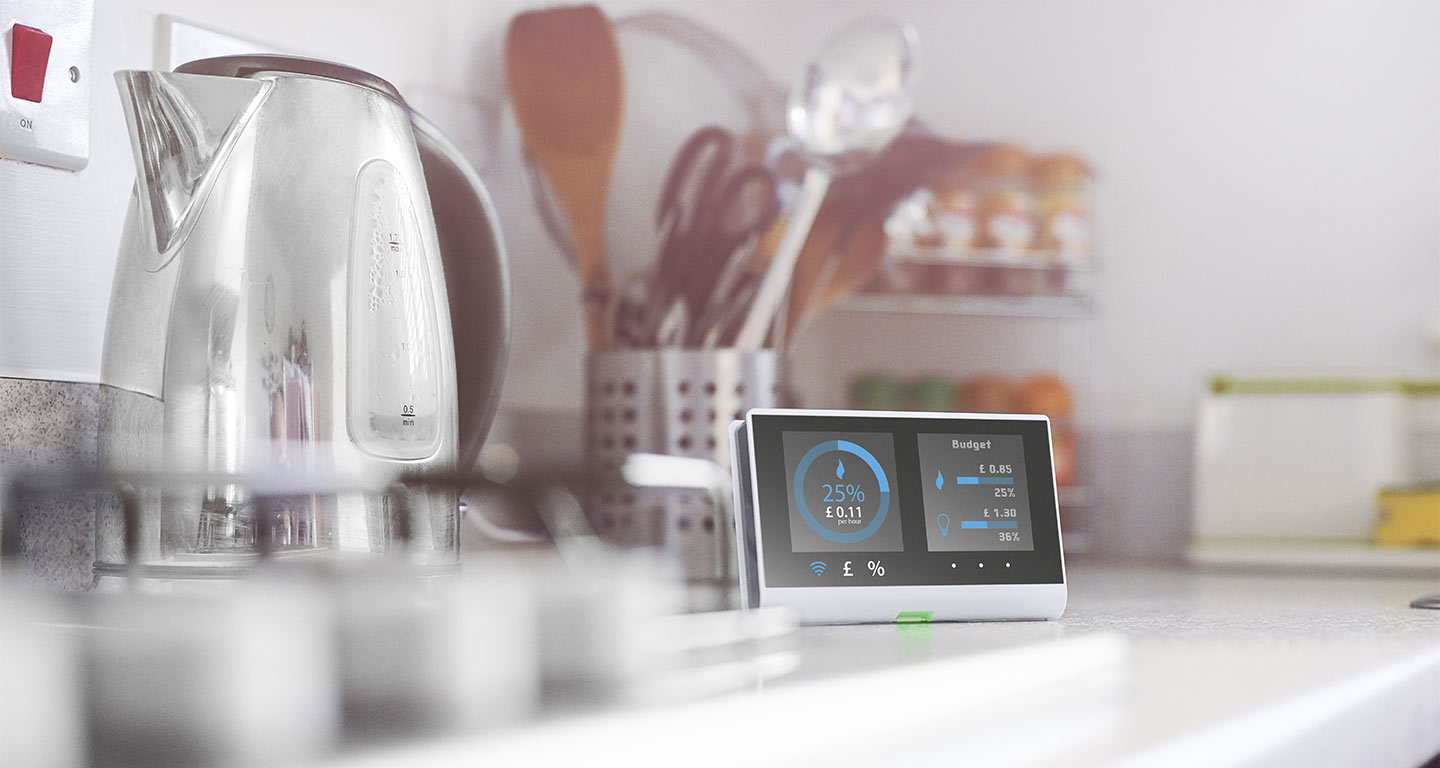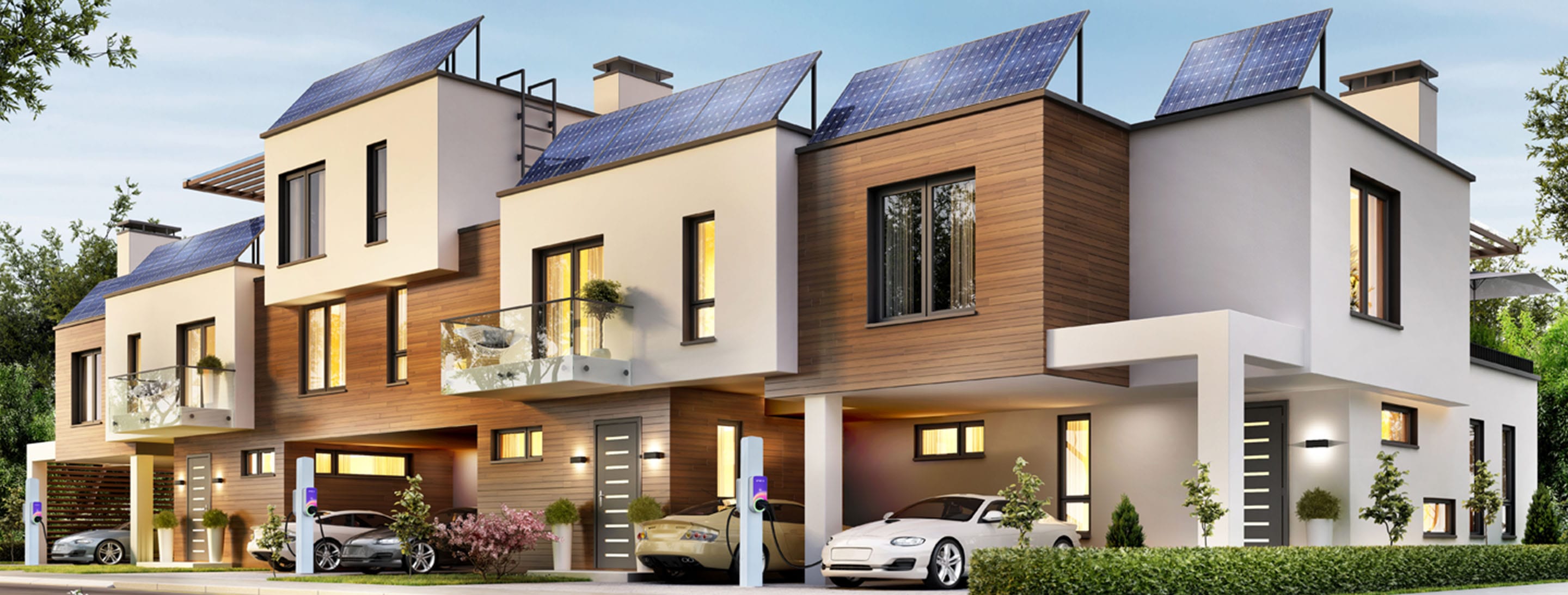Home automation is the automatic control of smart domestic devices such as lights, thermostats, appliances, alarm systems, and security cameras. More precisely, it is an ecosystem in which all the elements communicate wirelessly with each other – and with the homeowner. Home automation offers many advantages, including comfort, security, convenience, and energy efficiency. There are many examples of the benefits of home automation, including:
- unlocking the front door remotely to – for example – let the dog sitter in;
- controlling the thermostat to turn up the heat or activate the A/C while one is away from home;
- freedom from worries about whether one forgot to turn off the stove or to lock the door after one has left home for work.











